Israel Must Prevent Genocidal Acts in Gaza: UN Court
Sat 27 Jan 2024, 10:54:17
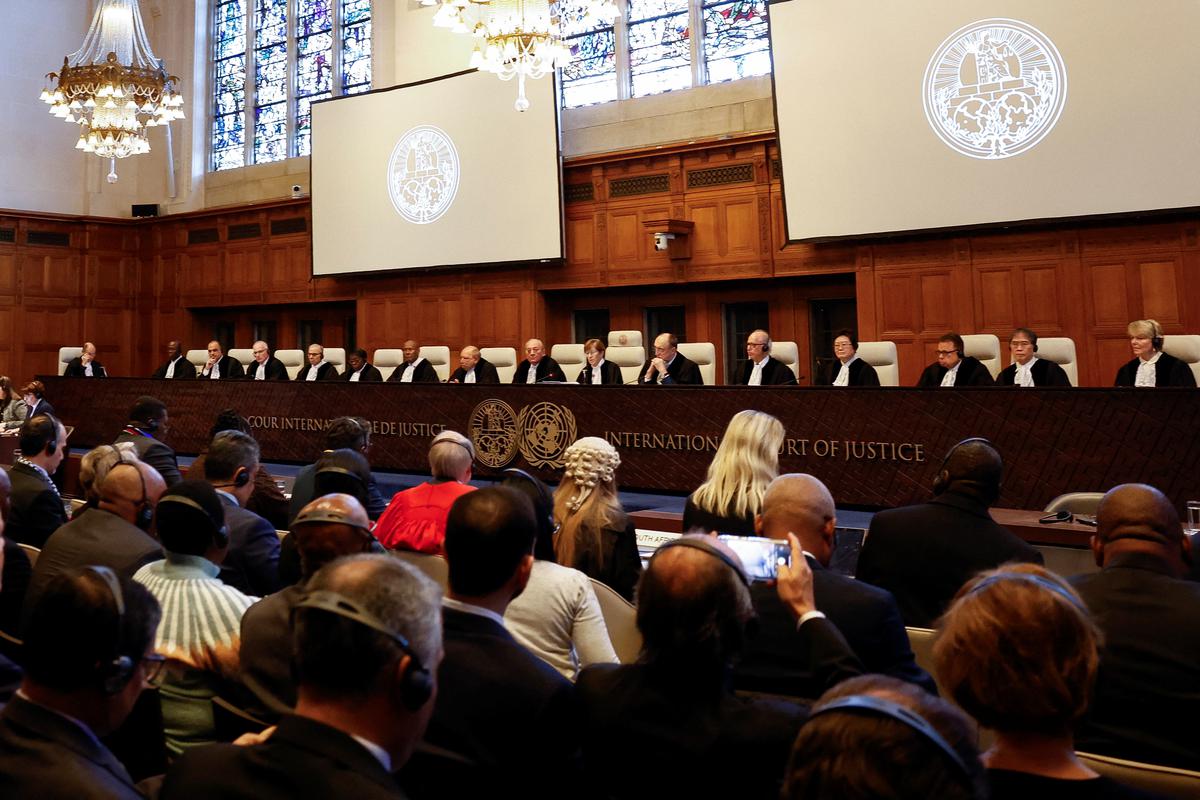
The Hague: Israel must prevent genocidal acts in Gaza and allow humanitarian aid into the territory, the UN's top court ruled Friday, in a closely watched decision that stopped short of calling for a ceasefire. The International Court of Justice was not deciding whether Israel was actually committing genocide with its military campaign in Gaza -- that process will likely take several years. But it ruled that the "catastrophic humanitarian situation" in Gaza was "at serious risk of deteriorating further" before a final decision, so it issued a series of emergency measures.
Israel must "take all measures in its power" to prevent genocidal acts and also stop officials making declarations inciting genocide, the court said. Concretely, the court urged Israel to take "immediate and effective measures to enable the provision of urgently needed basic services and humanitarian assistance". The case was brought by South Africa, which has accused Israel of breaching the UN Genocide Convention.
Speaking to reporters on the steps of the gilded Peace Palace in The Hague, where the court sits, Foreign Minister Naledi Pandor said the measures were tantamount to a call for a ceasefire. "How do you deliver humanitarian aid without a ceasefire? How do you provide water, access to energy? How do you ensure that those who are injured have healthcare and so on?" she said. "Without a ceasefire, not one of these things can be done."
Prime Minister Benjamin Netanyahu said the charge against Israel "is not only false, it's outrageous, and decent people everywhere should reject it". Israel stressed during the hearings that it was acting in self-defence after the Hamas attacks of October 7 and was doing all in its power to ease the plight of civilians. While steps to help civilians "are to be encouraged, they are insufficient" to protect the rights of the Palestinians, the court ruled. Outside the court, hundreds of protesters on both sides gathered, shouting slogans and waving banners. Noyleyb, a 32-year-old pro-Israeli entrepreneur, who declined to give his last name, told AFP:
"It's crazy how the survivors of one genocide are being put on trial for committing a
genocide." Pro-Palestinian demonstrator Nikita Shabazy, 48, told AFP: "It really breaks my heart that there is no ceasefire in place." Over two days of hearings earlier this month, lawyers from both sides battled it over the interpretation of this Convention. South Africa accused Israel of "genocidal" acts that were intended to cause the "destruction of a substantial part of the Palestinian national, racial and ethnical group."
genocide." Pro-Palestinian demonstrator Nikita Shabazy, 48, told AFP: "It really breaks my heart that there is no ceasefire in place." Over two days of hearings earlier this month, lawyers from both sides battled it over the interpretation of this Convention. South Africa accused Israel of "genocidal" acts that were intended to cause the "destruction of a substantial part of the Palestinian national, racial and ethnical group."
Israel dismissed the case as a "grossly distorted story" and said that if any genocidal acts had been carried out, they had been executed against Israel during the October 7 Hamas attacks. The question now is whether the court's rulings will be obeyed. Although its rulings are legally binding, it has no mechanism to enforce them and they are sometimes completely ignored -- it has ordered Russia to stop its invasion of Ukraine for example.
Netanyahu has already hinted that Israel would not abide by any ruling saying "no one will stop us", not even a verdict in The Hague. But experts believe that aside from the significant symbolic impact of the ruling, there could be tangible consequences on the ground. "It makes it much harder for other states to continue to support Israel in the face of a neutral third party finding there is a risk of genocide," said Juliette McIntyre, international law expert from the University of South Australia. "States may withdraw military or other support for Israel in order to avoid this," she added.
The October 7 Hamas attack resulted in the death of around 1,140 people in Israel, most of them civilians, according to an AFP tally based on official Israeli figures. At least 26,083 Palestinians, around 70 percent of them women, young children and adolescents, have been killed in the Gaza Strip in Israeli bombardments and ground offensive since then, according to the Hamas government's health ministry. The court also said Israel should preserve any possible evidence that could later be used in the wider case to decide whether genocide was taking place. Israel also has to report back within one month on the measures it is taking to conform to the ICJ orders.
No Comments For This Post, Be first to write a Comment.
Most viewed from International
Most viewed from World
AIMIM News
Latest Urdu News
Most Viewed
May 26, 2020
Can Lionel Messi's visit boost Indian football?
Latest Videos View All
Like Us
Home
About Us
Advertise With Us
All Polls
Epaper Archives
Privacy Policy
Contact Us
Download Etemaad App
© 2026 Etemaad Daily News, All Rights Reserved.

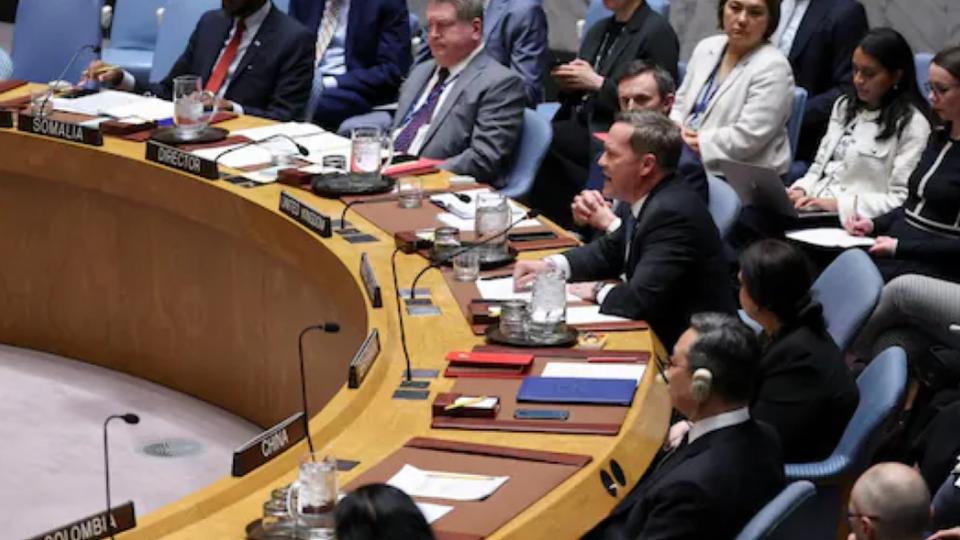
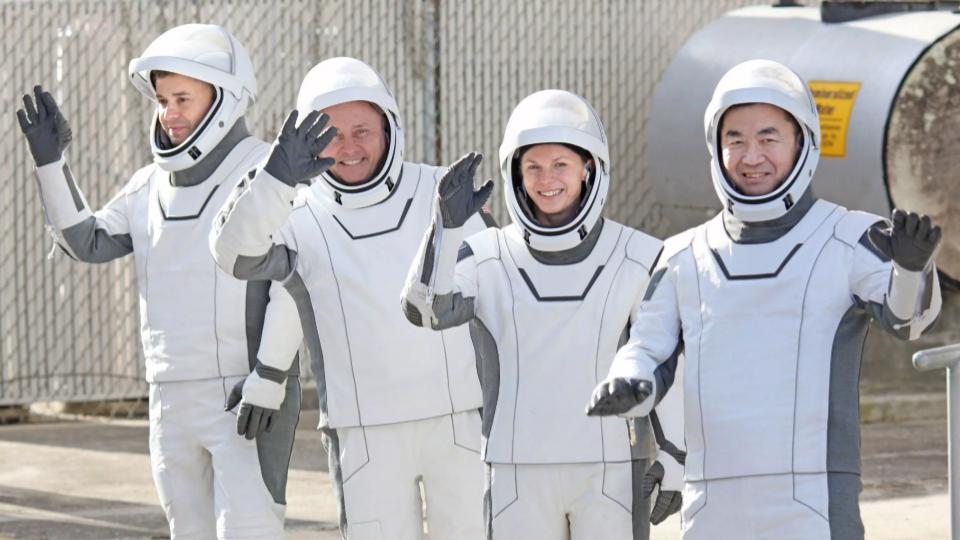
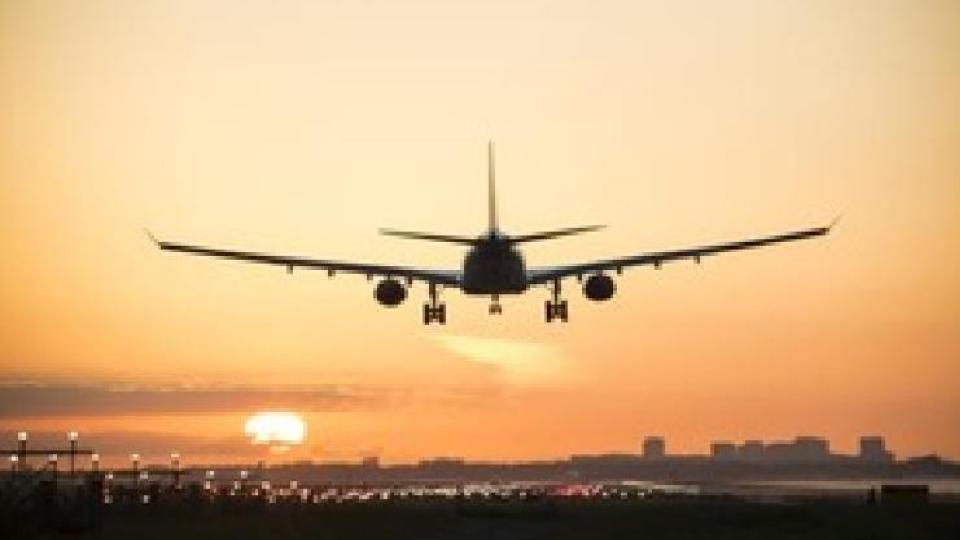

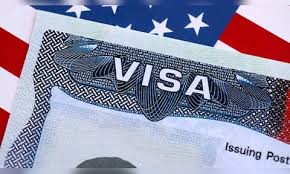
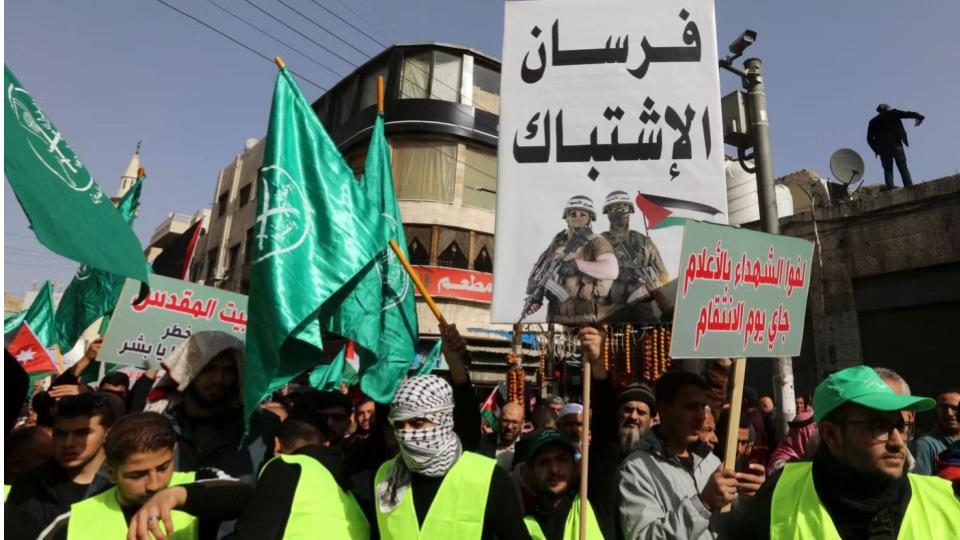
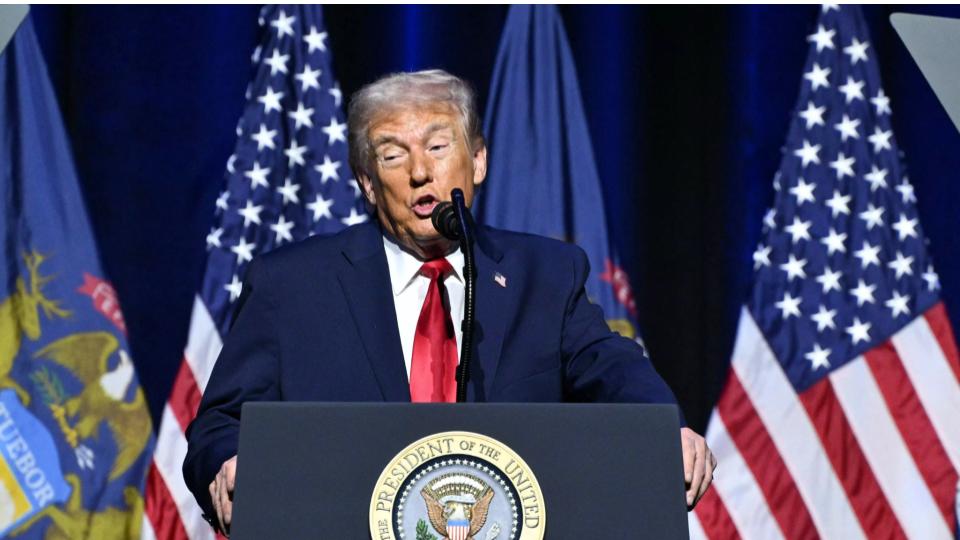
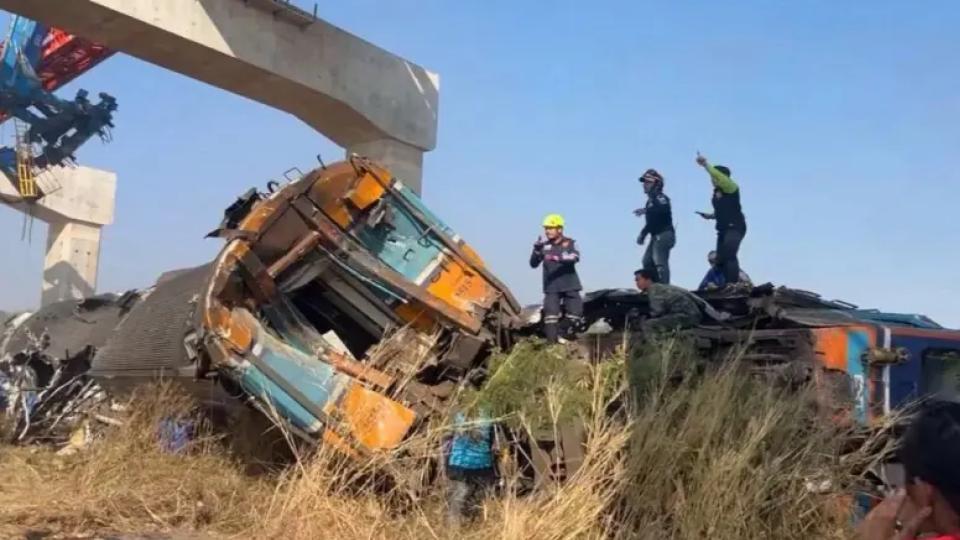
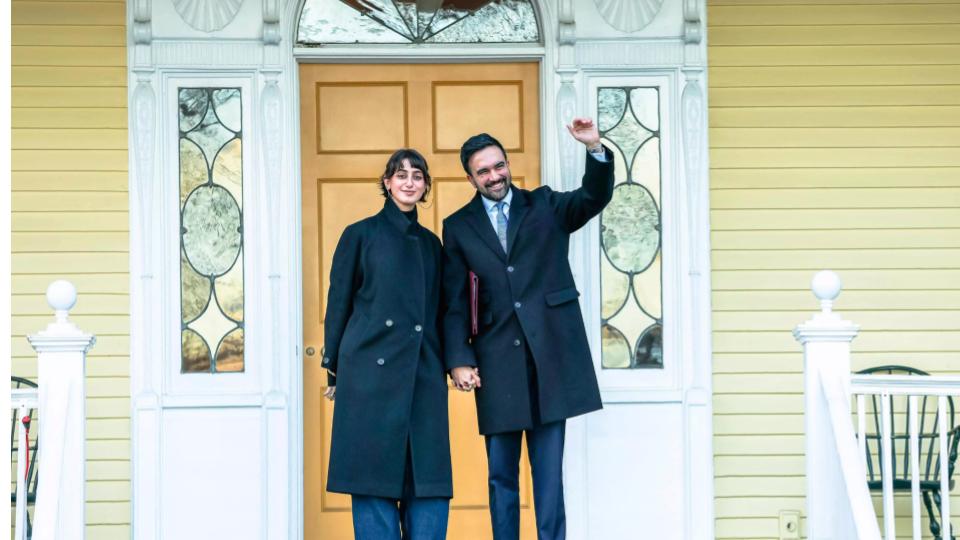
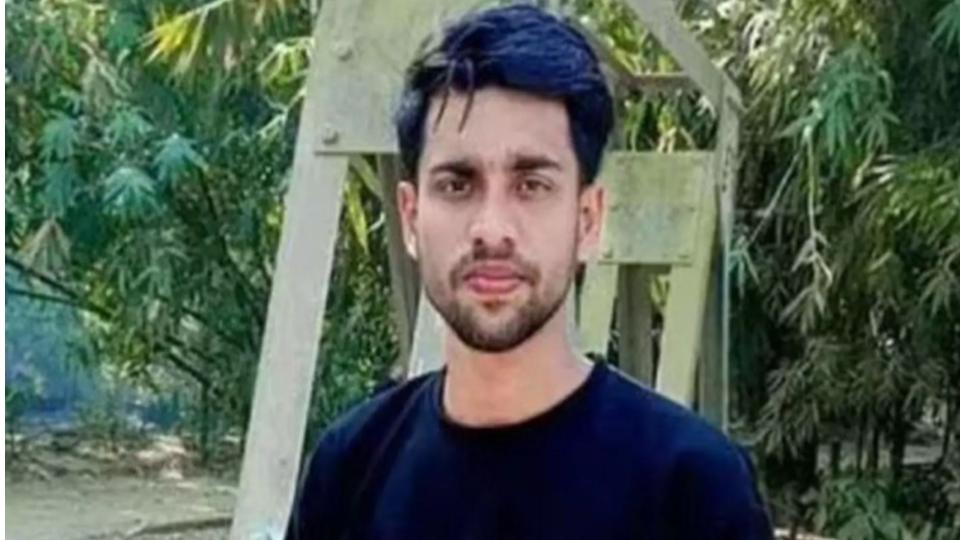
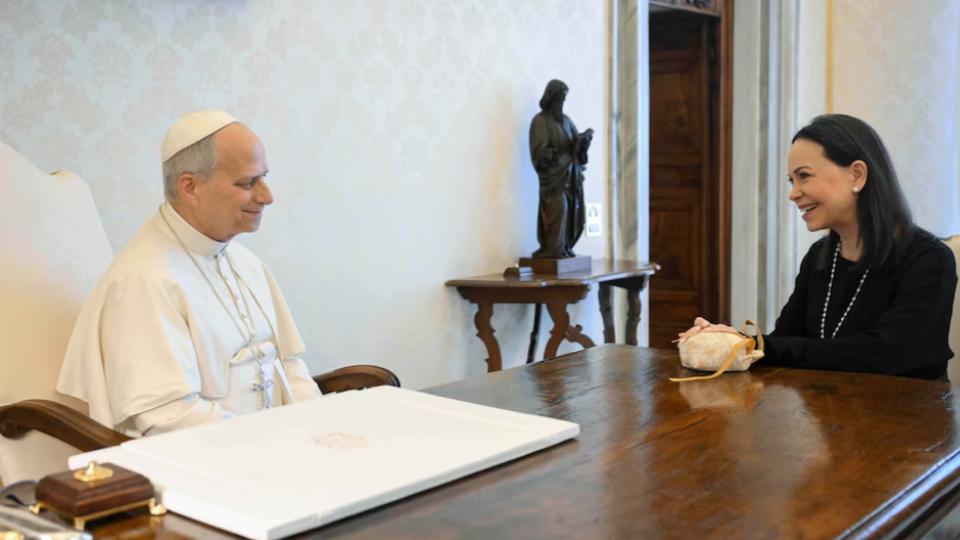
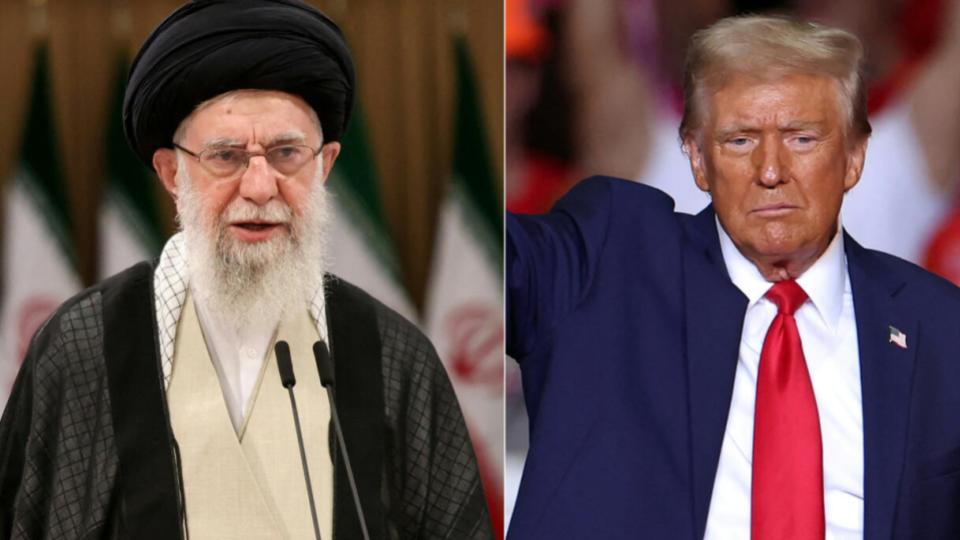

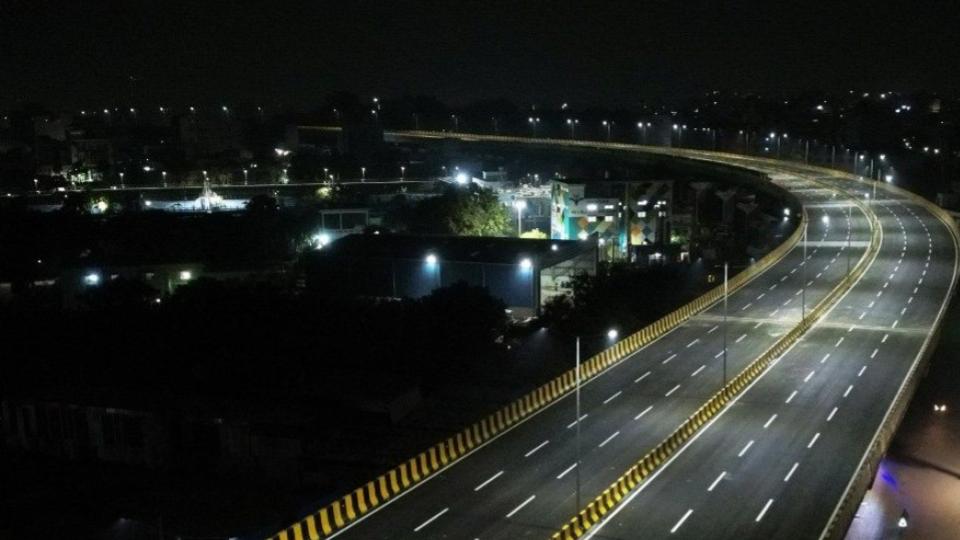
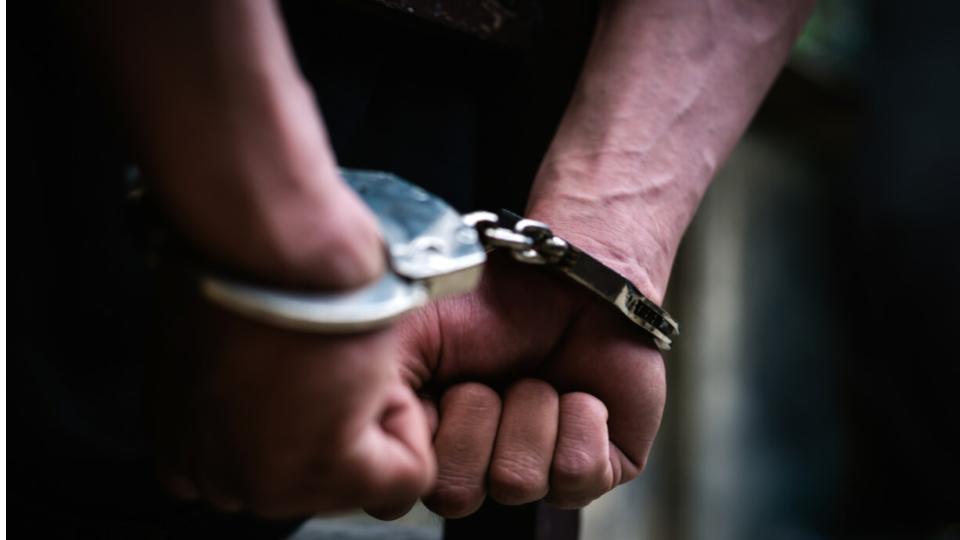
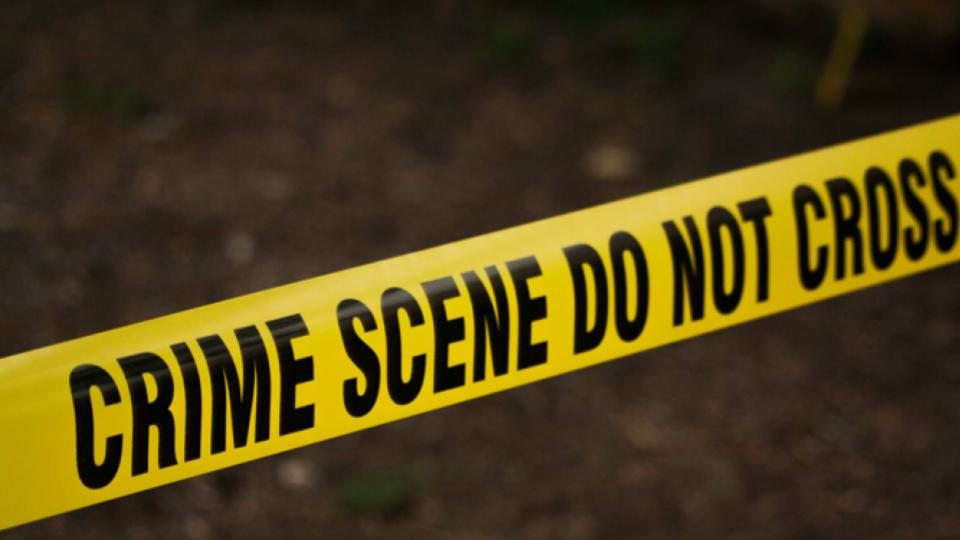
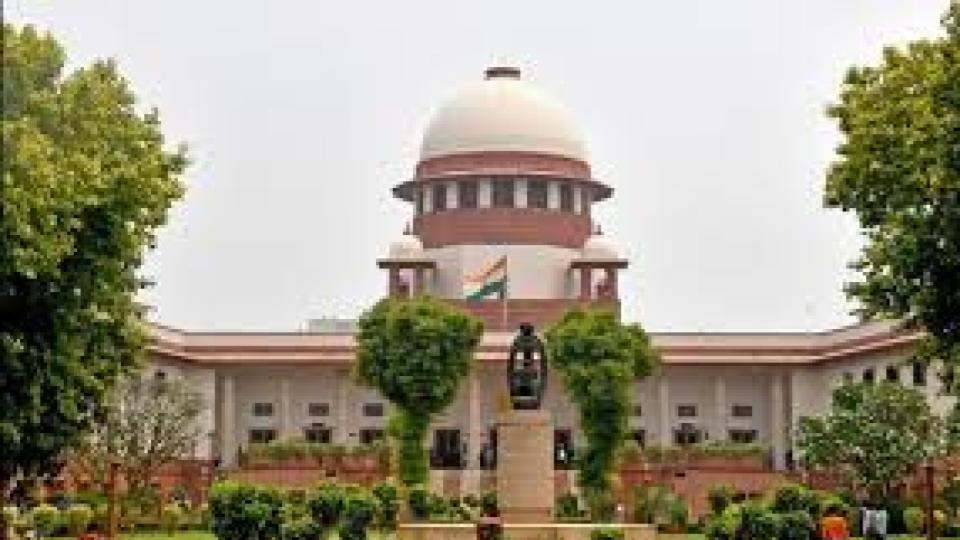
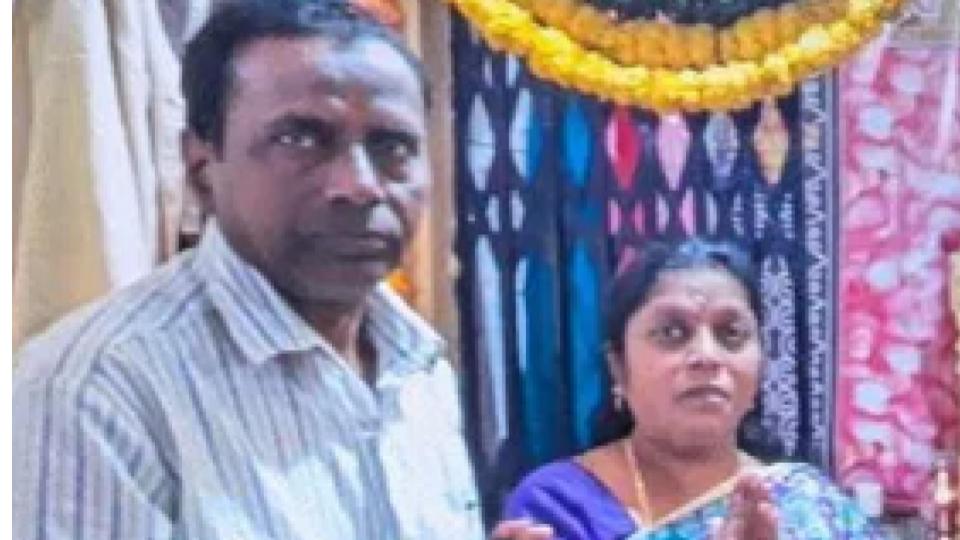
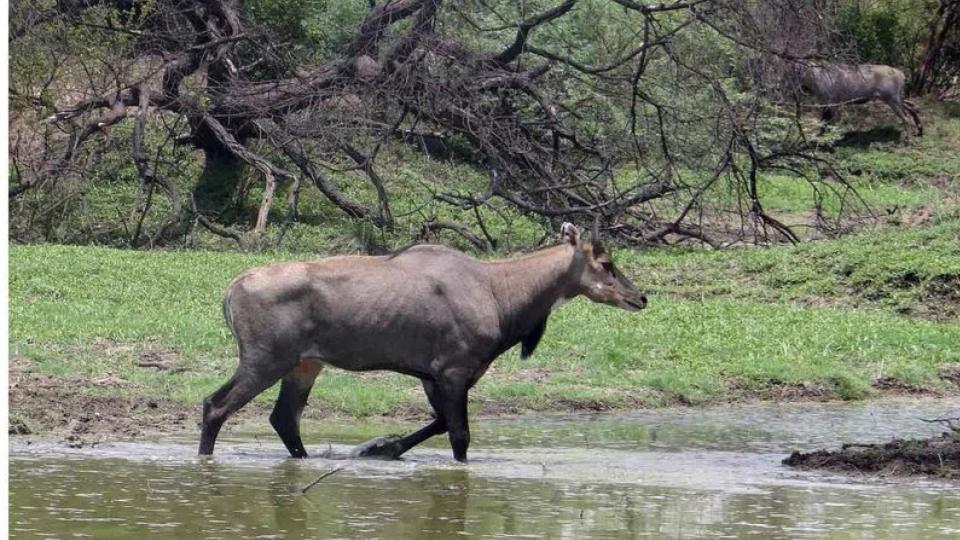


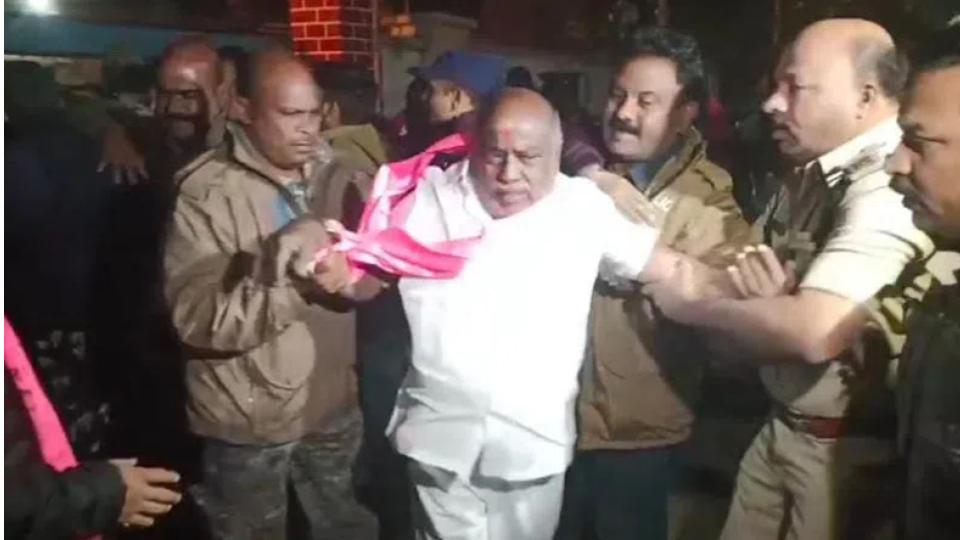
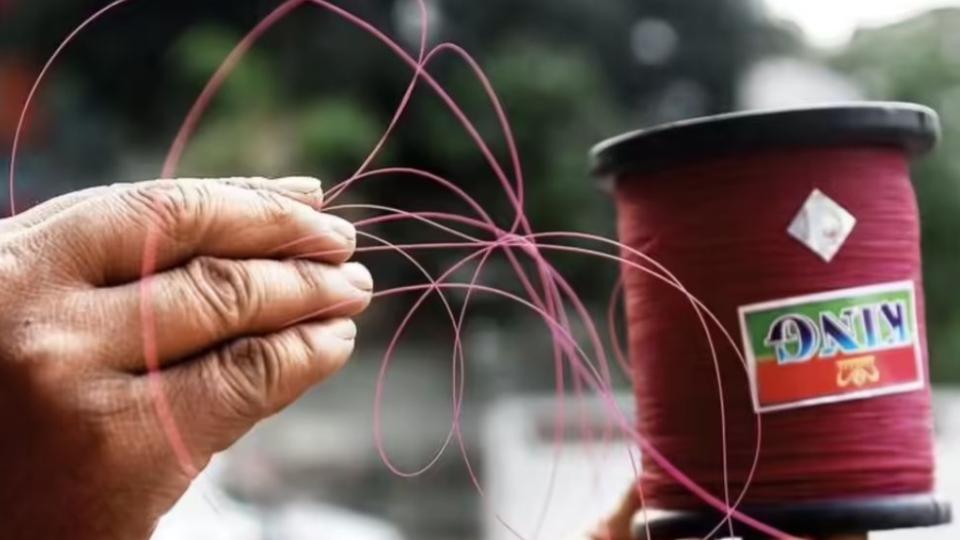
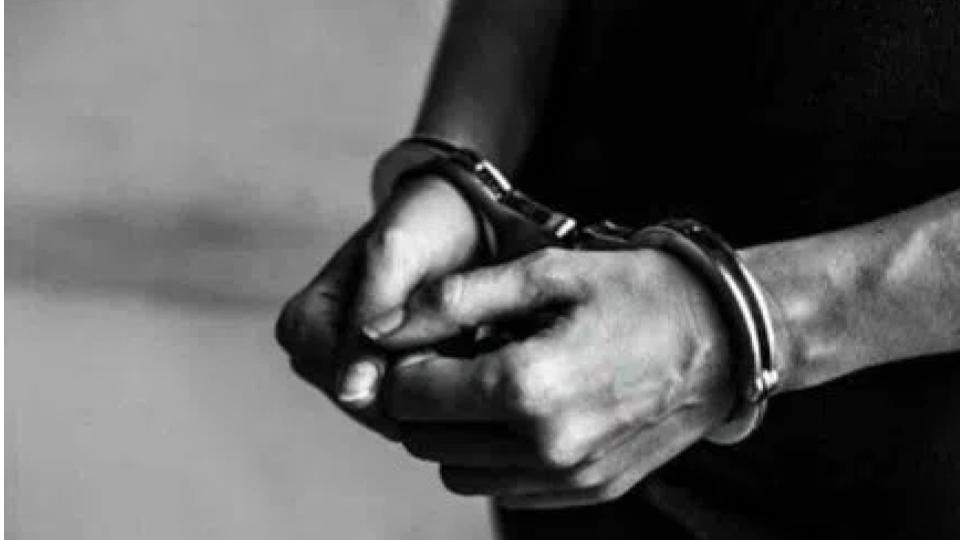












.jpg)
.jpg)
.jpg)


